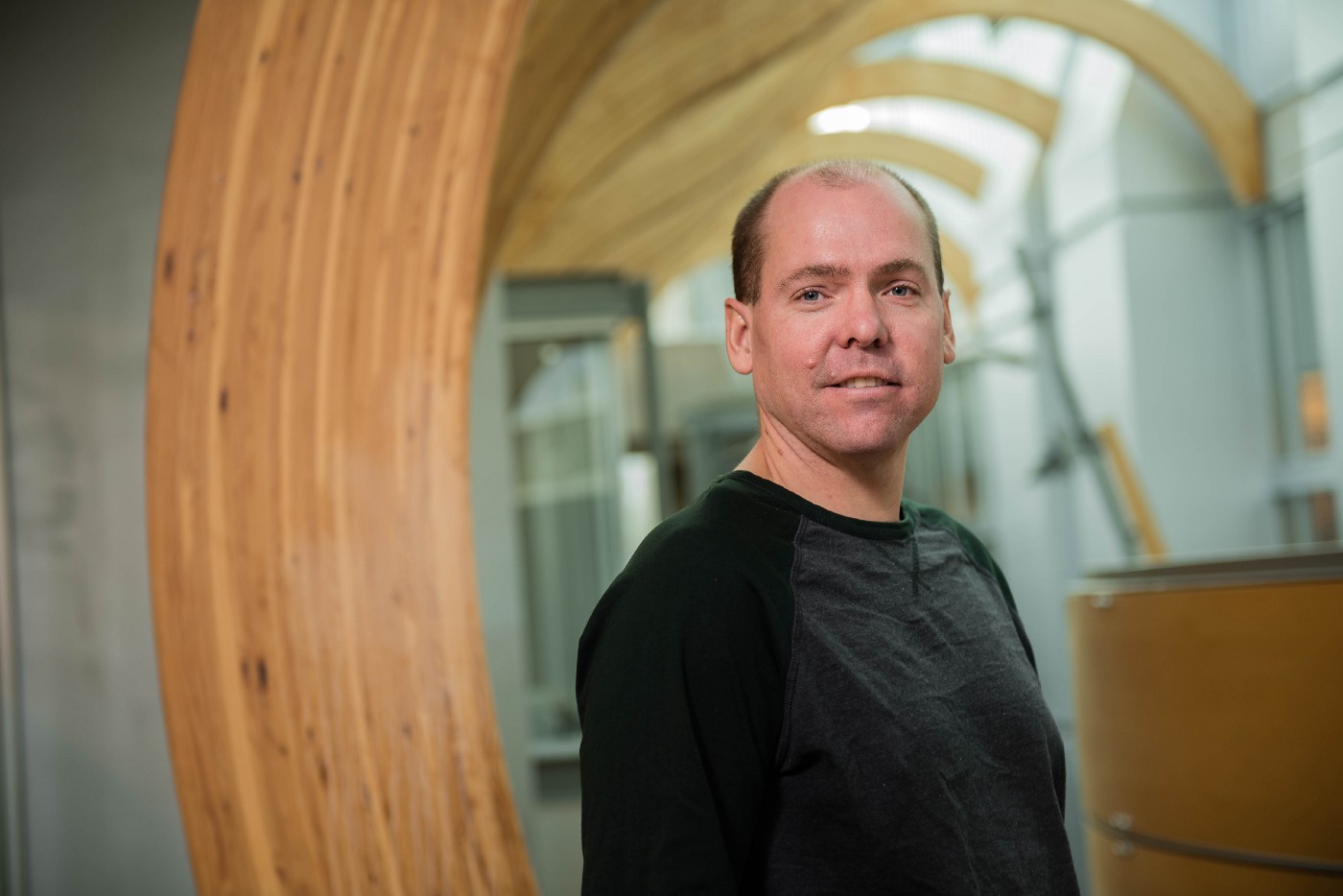
For the last 11 months, UBC biochemistry and molecular biology professor Leonard Foster and his team have been studying how SARS-CoV-2 – the virus responsible for COVID-19 – attacks the human body, in hopes of developing a more targeted vaccine with fewer side effects.
Prof. Foster is confident that this technology will accelerate the development of second-generation vaccine candidates.
“There are many different approaches to developing a vaccine,” says Prof. Foster. “The current COVID-19 vaccines use a brute-force approach that throws everything we know about the virus at our immune system and hopes that there is something in there that will cause an immune response. But by studying how the virus actually causes disease, we can apply a more targeted approach and develop a more effective vaccine with minimal side effects.”
Prof. Foster has been studying how pathogens such as bacteria and viruses cause disease in host organisms for more than a decade. He specializes in a technique called mass spectrometry that is used to identify and analyze specific proteins in pathogens that allow them to cause disease. Once those proteins are identified, the researchers can use the information to develop a targeted vaccine.
Before the pandemic, Prof. Foster was known for his work applying mass spectrometry to understand how pathogens affect honey bees in order to guide selective breeding for disease-resistant behaviours in bees. Now he’s applying the same technology to better understand the novel coronavirus.
“By studying how the virus actually causes disease, we can apply a more targeted approach and develop a more effective vaccine with minimal side effects.”
Prof. Leonard Foster
“The types of experiments we do generate huge datasets that need to be analyzed and interpreted computationally,” says Prof. Foster. “If someone was to use a pen, paper and a calculator, it might take them beyond the life of the universe to come up with results. With our existing resources, we may be able to come up with something in five to 10 years. But thanks to our collaboration with Microsoft, we have accessed cloud computing power that results in us being able to see results within months.”
The research is supported by a Mitacs project, and leverages Microsoft’s donation of its Azure cloud platform credits to the university through UBC Advanced Research Computing. This enabled Prof. Foster’s team to pivot quickly to analyze huge amounts of new and existing data using an application that runs on the powerful cloud platform.
“The cloud computing resources have impacted our research instrumentally and significantly sped up our vaccine development,” says Prof. Foster. “We’ve been able to do some experiments that were not conceivable with any of the other resources that we had.”
Prof. Foster’s work is especially important as scientists don’t yet know how long immunity against COVID-19 will last with the current available vaccines due to a lack of data.
“By understanding the mechanism of this virus, we’ll be able to develop the next generation of prevention and treatment methods, as well as laying the groundwork for the basic scientific knowledge in preparation for the next pandemic-causing virus,” he says.